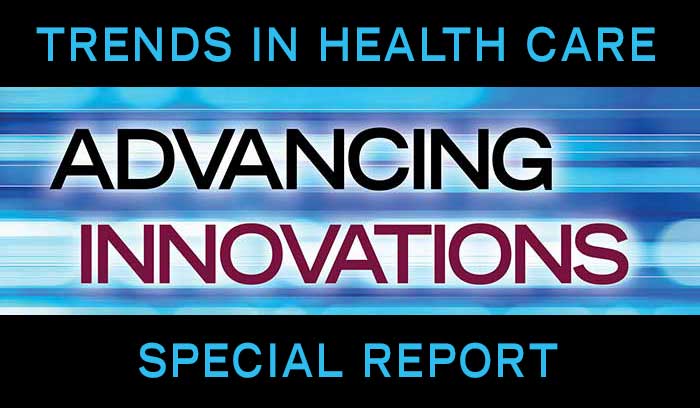Expanding the role of materials management to supply better patient outcomes

With better data on products comes a bigger focus on comparative effectiveness, which, for medical devices, is still in its infancy, says Eugene Schneller, professor at the W.P. Carey School of Business at Arizona State University. This type of actionable data is engaging to both the supply chain manager and physicians more than ever before, experts say.

|
2017 Trends: Materials management |
| Previous: Traveling across the continuum |
| Next: Connecting predictive analytics |
|
|
“The supply chain is becoming more involved in sourcing solutions, not just products,“ says Schneller, who also is the director of the Health Sector Supply Chain Research Consortium at CAPS Research (HSRC-CAPS Research). “They are more involved in supporting corporate goals in risk-taking and making new investments in technology."
Schneller cites the example of kidney failure. Supply chain managers could have a seat at the table in terms of how to deliver care and products to patients undergoing dialysis as they move from a clinical environment into a home environment, ensuring that patient user-friendly technology follows them into each setting. Schneller says that in many instances, the supply chain is being asked to source and contract for these very services themselves. This takes a set of skills, he explains, that transcend the skills associated with sourcing and contracting for materials.
Financial pressure is one reason why the supply chain is gaining more prominence inside organizations, Schneller says. Providers expect their operating margins to continue to decline, according to research from McKinsey & Co. Seventy percent of health care leaders surveyed in 2015 said they expect a 10 to 20 percent decline in operating margins. Respondents said that they expect manufacturers and distributors to “increasingly act as partners across the supply chain,” according to the McKinsey & Co. report.
In a push toward better outcomes and efficiencies, physicians are working more closely with the supply chain on assessing comparative effectiveness and product safety, Schneller says. With the move toward value-based reimbursement models like bundled payment, the walls between physicians and materials management are significantly diminished, he says.
An organization formed about two years ago, Physicians for Supply Chain Excellence, includes about 30 member physicians from leading organizations such as HealthTrust, Banner Health, Dignity Health, Cleveland Clinic and the Mayo Clinic who are working to achieve a high level of supply chain performance. Schneller, who co-founded this group with Jim Eckler, executive adviser of the Centre for Outsourcing Research & Education, explains that physician supply chain leaders are bridging the gap between the materials and clinical aspects of care.
To be sure, health care is a highly regulated industry so compliance and data security are also front and center for supply chain managers, says Chris Luoma, vice president of product management at GHX.
“Supply chain managers are looking for solutions to make sure they are properly vetting suppliers and that policies and processes are being followed,” Luoma says. A compliance document manager, for instance, can help to vet vendors and other business associates. And applications created by GHX aim to manage standard workflows by onboarding vendors and creating profiles to improve the vetting process, he adds.




